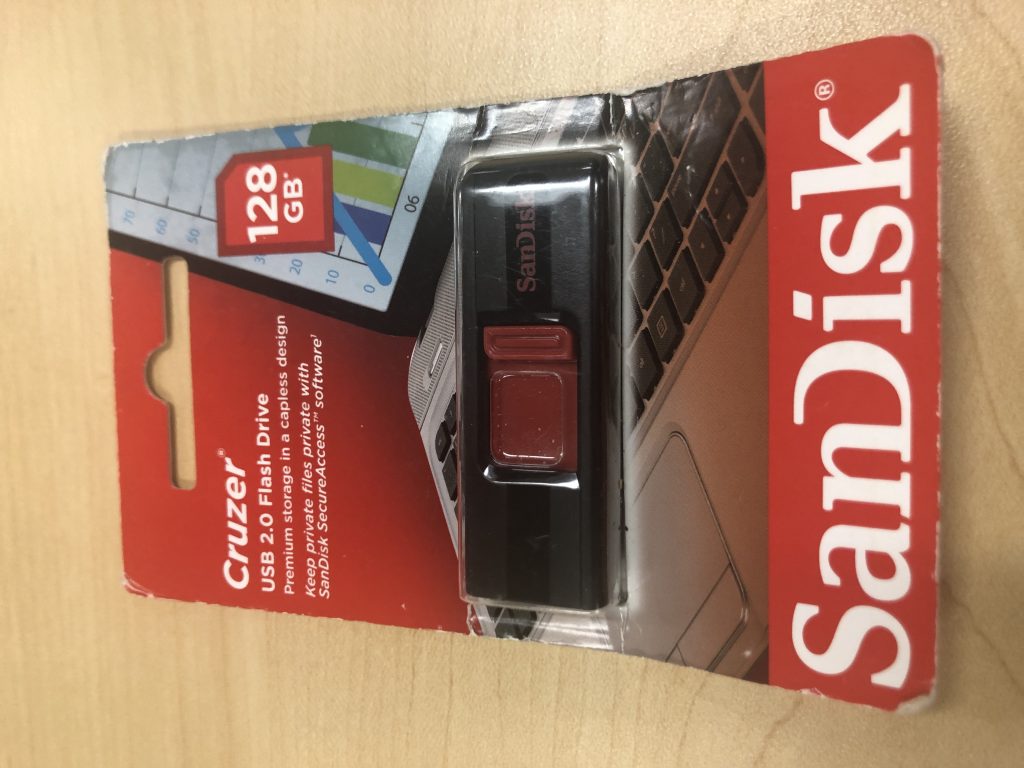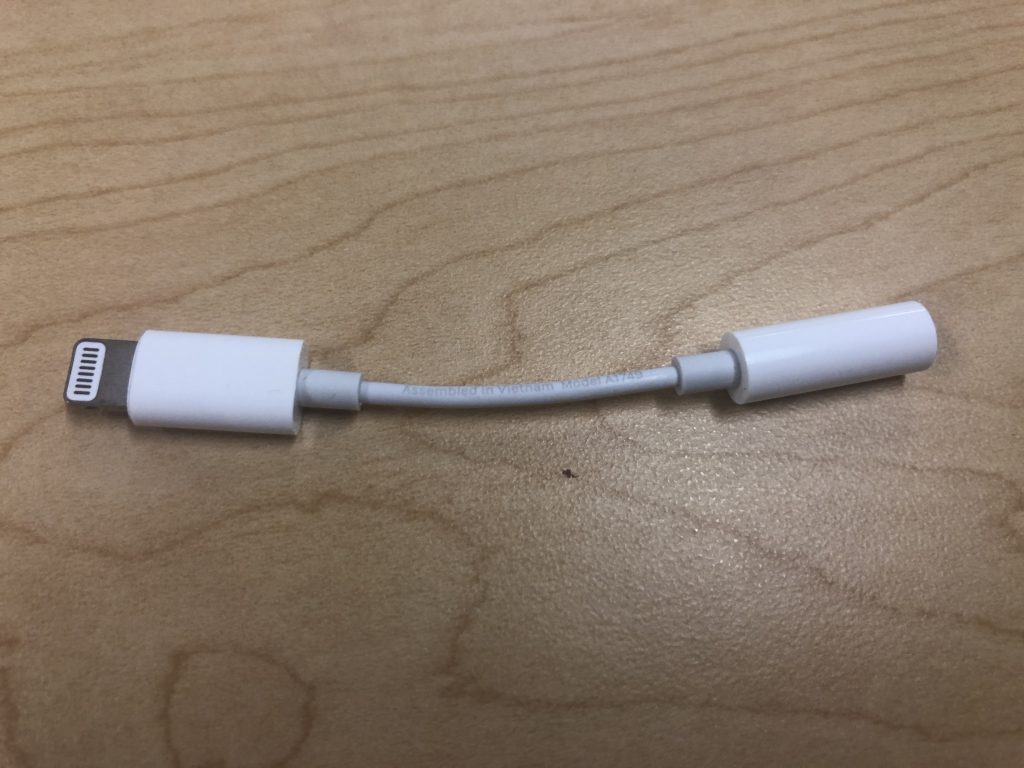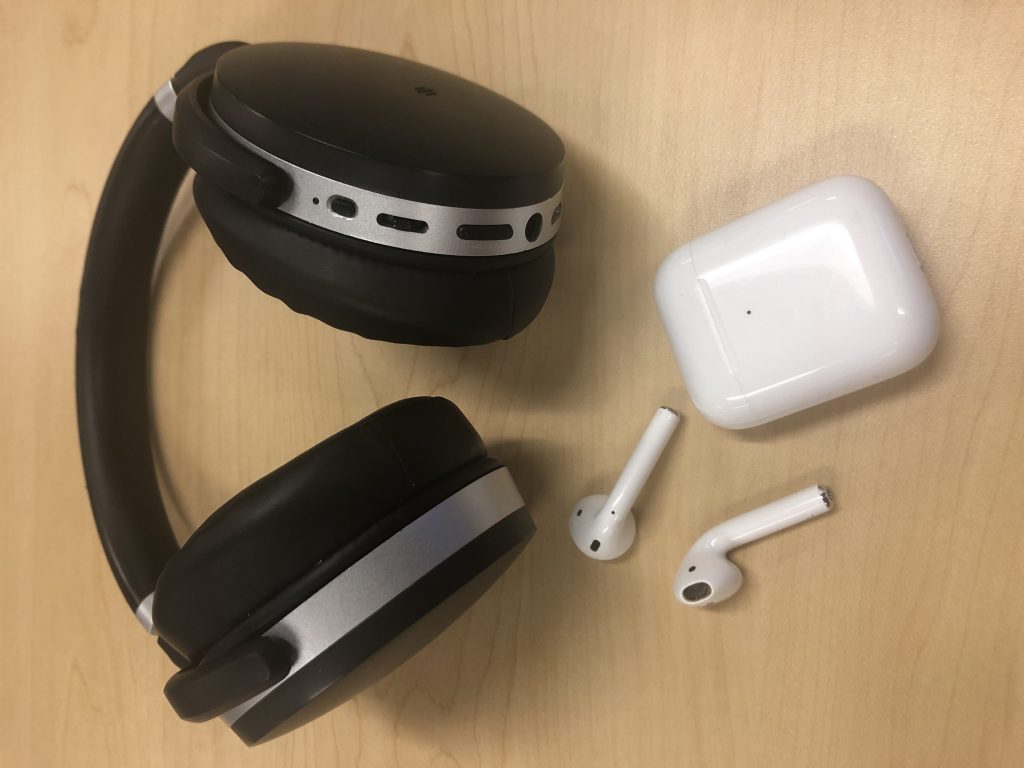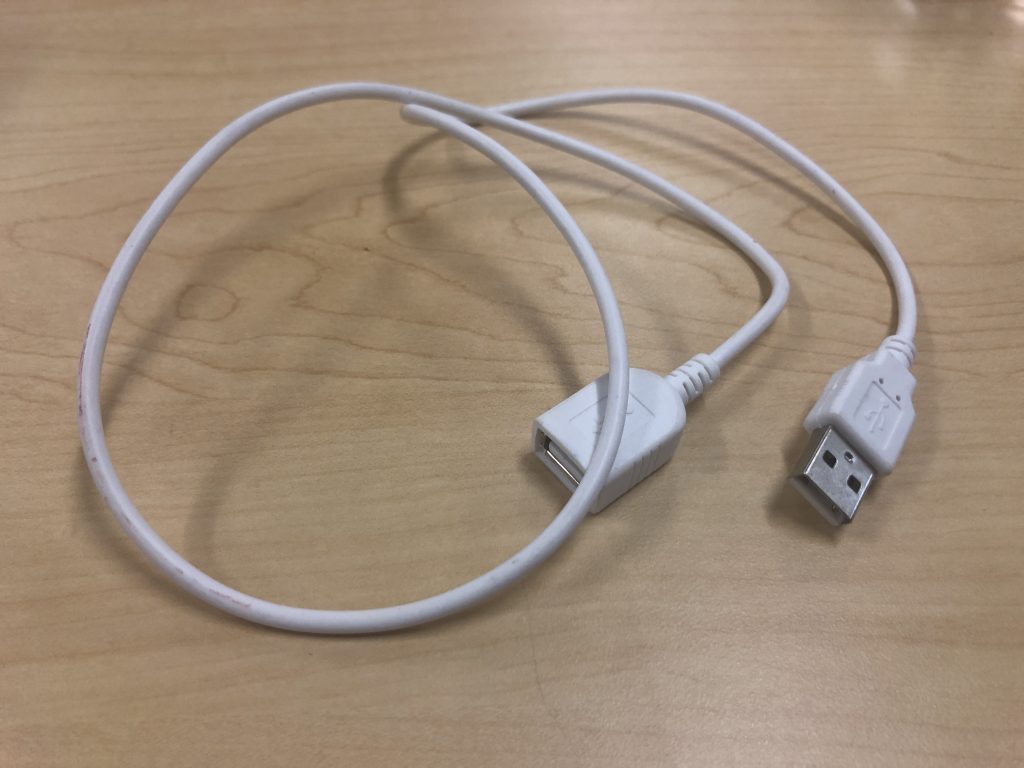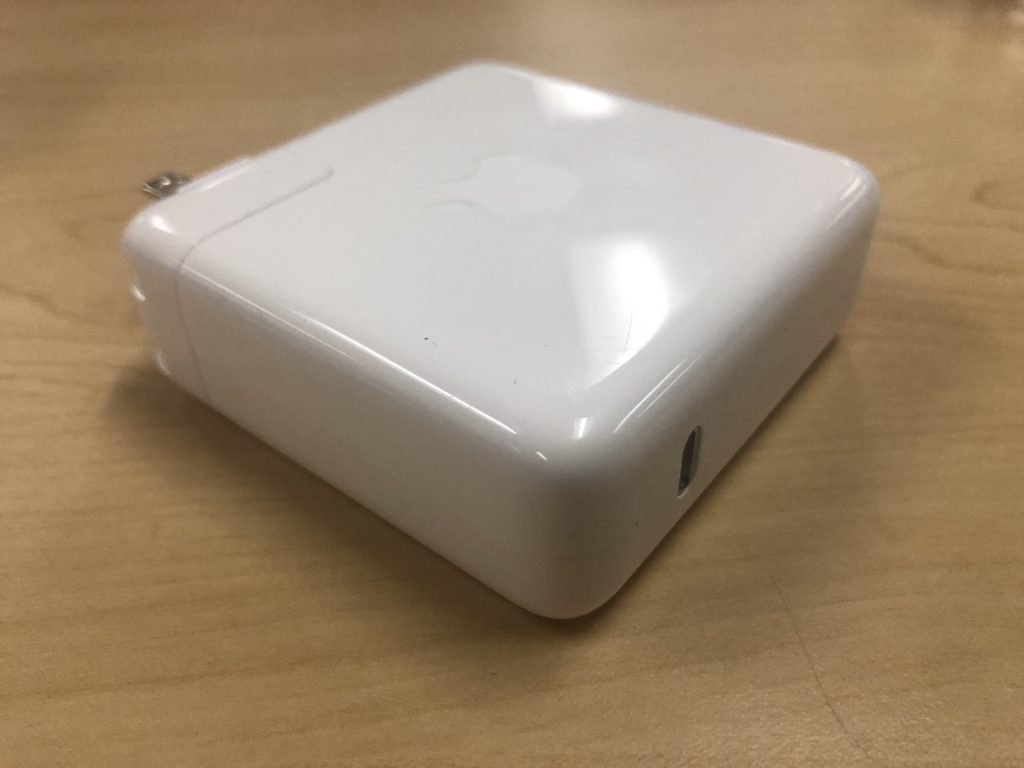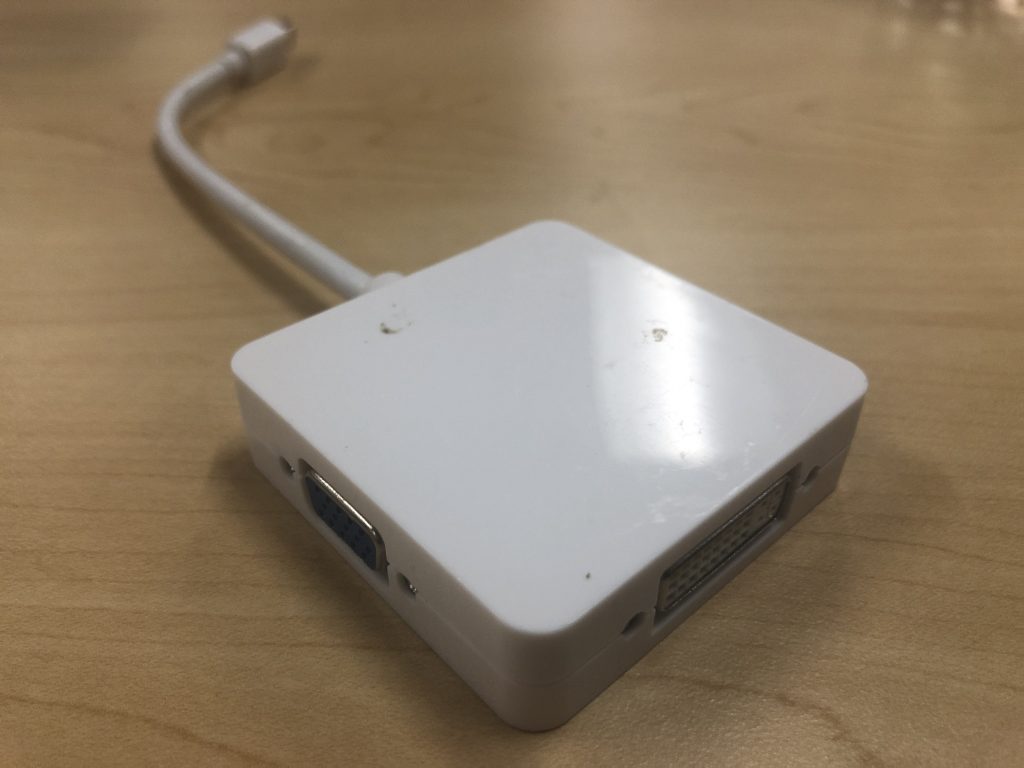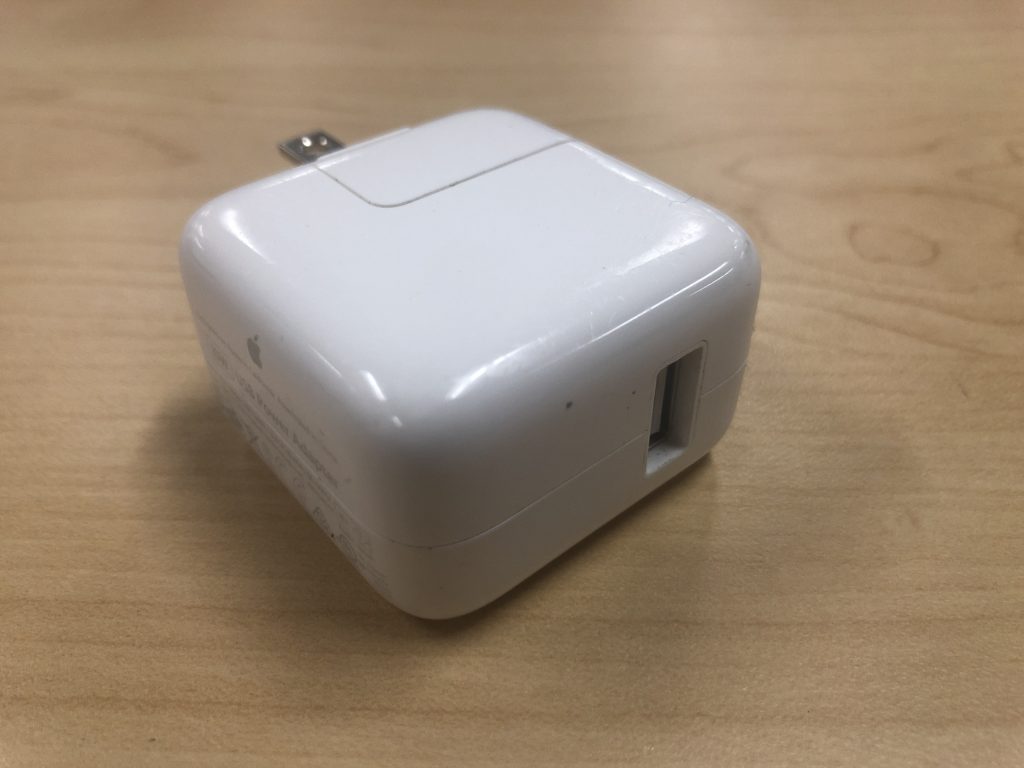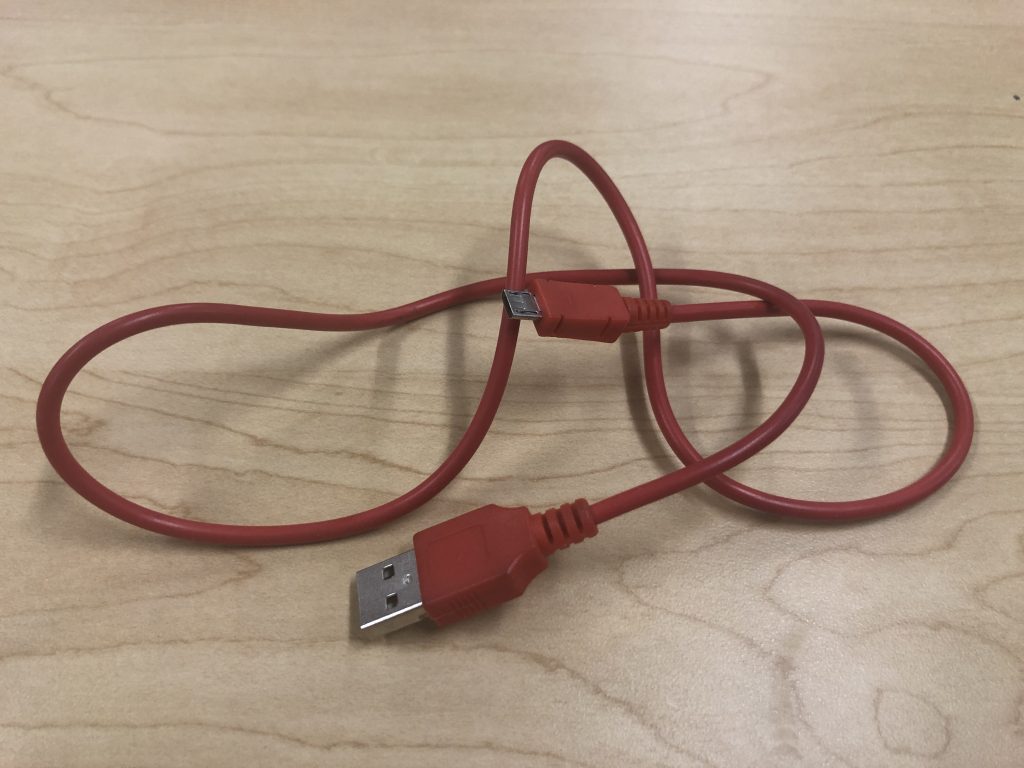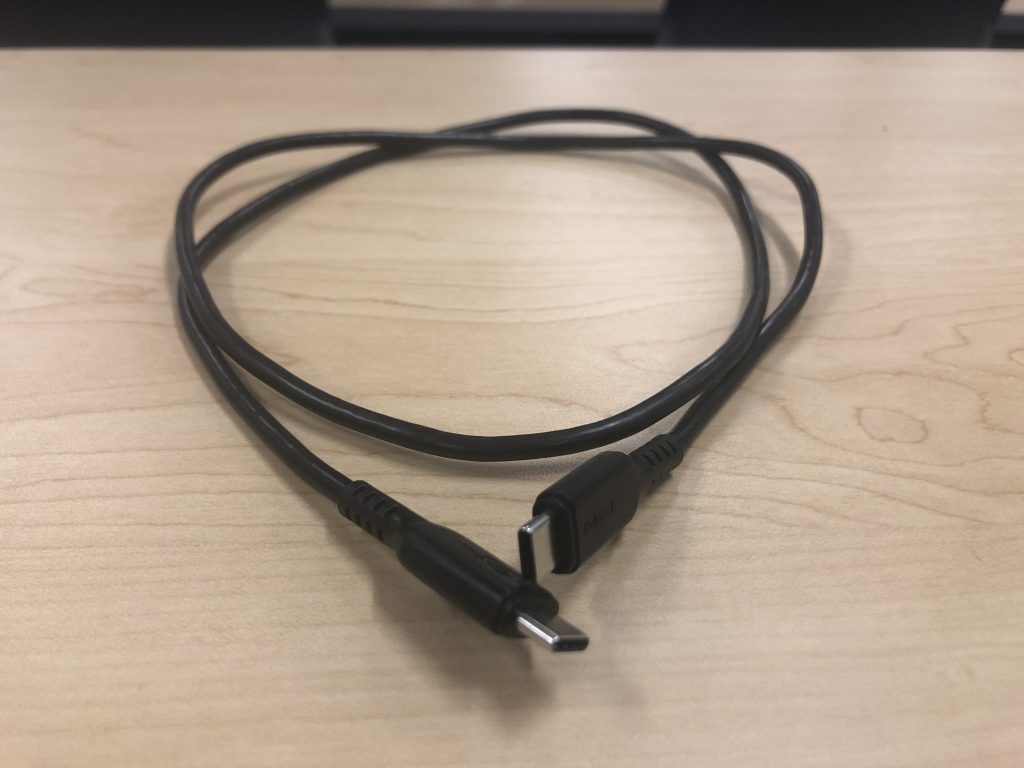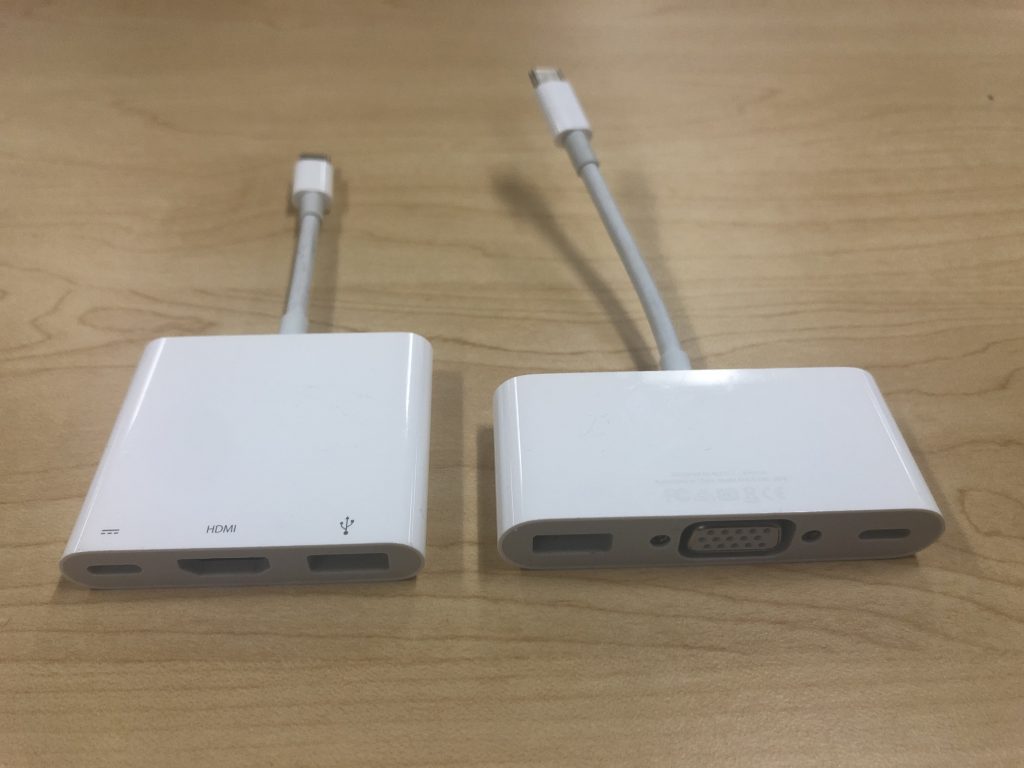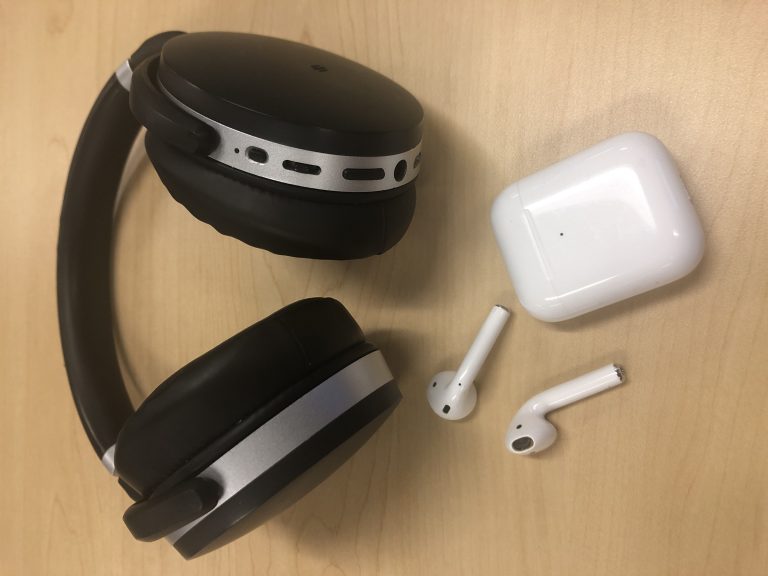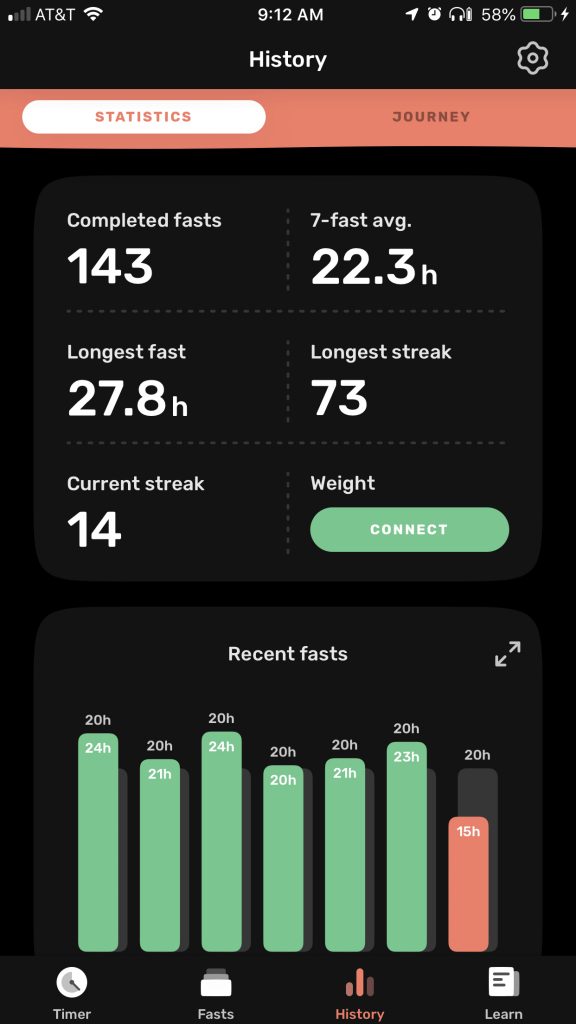Kind Note: This is a self-examination post. It is meant to be read and to ask yourself some honest personal questions. I didn’t have anyone particular in mind when I published this nor is the timing of this post (which took a bit of time to write) meant to have any significance. Only the reader (you) can honestly absorb this, reflect, and see if anything here (including some generalizations) applies to you.
The Other Side Of The Coin
Imposter Syndrome is real and from my observations most speakers have often experienced it (most definitely claim to have experienced it). I have experienced it. Even if you have been in an industry or field all your life or if EVEN you are talking about yourself (and you would be the ultimate authority on that subject) there is still that feeling of not feeling qualified to be on a stage or in the spotlight. That you aren’t good enough to belong there. That you’ll be judged. This can effect an individual speaker of any background, age, position, or experience. From first time speakers to those that have been speaking for decades.
There is also the OTHER side of the coin that doesn’t get often discussed. Not talked about in my experience because (my guess) it’s more uncomfortable to discuss… a subject more difficult for people to honestly self-reflect on and admit they have had thoughts regarding.
And that’s an over inflated ego (which i’ll refer to simply as “ego” for the majority of this post, read until the end).
Time For Deep Reflection
Although I am a developer and organizer I do also count myself as a conference speaker. As such, I wouldn’t be completely honest with myself I said the following thoughts I’m going to discuss have never crossed my mind. To be just as honest with you (the reader) as I am with myself though: just like many experience Imposter Syndrome, I know the below thoughts spoken from ego have crossed the minds of speakers. Perhaps why I’m so personally confident in this fact is that I’ve literally heard some of this admitted out loud (and no – you won’t see a hint of a name or identity of these folks). I’ll go even as far as stating that I’ve sadly have seen evidence of this thinking in public areas such as social media or at conferences.
Again, I’m not targeting anyone. That’s not the purpose of this post. If you ARE reading this then only YOU can be honest with yourself and reflect as you read: “Do I think like this often? Why? What is a proper or (at the very least) a “better” frame of mind or way to look at things?
“My Subject Is Vitally Important And The Community Needs To Hear It”
This is a great motivation to submitting a talk (seriously! passion is great!) but in a different tone this thought with ego makes one sound bitter if said after you haven’t been accepted to a conference. Newsflash: the reality is that almost every speaker who submits a talk feels the same way. The opinion of the truth of the importance of the topic can differ (I agree sometimes with speakers saying this sometimes too) but you have to admit this base thought isn’t unique. This is also another way of saying: “Without me knowing what the organizers were thinking, there are topics can could have been dropped and mine put up there instead.”
Your subject (and your take on it) is important, but often organizers aren’t weighing JUST your topic. Very often MANY other factors are in need of consideration. In addition (for all you know) OTHER people have submitted a similar talk too. Is your topic so unique that you are literally the only one that can give a talk on that topic (again, expectations: if it’s about specific software and you’re the sole developer)?
Look at this another way: if you ARE the only person capable of giving the talk then is there is a diversity issue. Can you take an honest look at the diversity of your industry and perhaps mentor new ones – especially those from under represented groups – to be able to speak on such topics? For example if you are the “only good speaker” on someone about the mutations of watermelons – then there should be more experts and speakers on the subject… in the end if you care more about the subject then your ego then you might want to think about how to get new speakers talking about this in your industry. Don’t be the “always go-to”. Share the limelight with others, especially in tech conferences when diversity and representation still aren’t that great.
“I Have Been Rejected From This Conference Before, So I’m Not Going To Waste My Time”
Granted versions of this can be legitimacy voiced out of depression or a result of imposter syndrome.
But that’s a different ballgame. Remember, we are talking about saying this from a place of ego. The feeling of seeing a call for speakers come up but you turning it down in a “they don’t deserve my presence or even mention” because of (usually multiple) past rejections, you not liking how the conference is run or managed, or even not liking the organizers themselves.
True: everyone has only so many hours in the day. Most experienced (and no experienced) speakers I know do not invest a great deal of time submitting talks to conferences (whether they are paid commercial conferences or volunteer based ones like WordCamps). Setting aside expectations, if you are devoting a great amount of time preparing a talk just for a talk submission, you might want to reexamine your tactics. Submitting a past talk? Great, you likely have a single submission for that talk already that you can briefly fine tune. “New talks” to submit can take a little longer but shouldn’t be that much more of an investment.
But going beyond the issue about investing time… is there another reason? Rejection is NEVER a pleasant thing. Few people take pleasure in getting rejected for a talk… but do you know WHY a conference decided to pass on you? Have they done this more then once? Have they even given feedback? Have you ever ASKED for feedback (in a non-defensive manner, privately and not asking on Twitter)?
Honestly from conversations with egoistical speakers it doesn’t have much to do with time or feedback (although many rightfully desire to know the “why”). At the end of the day it’s basically the fear of experiencing (probably another) rejection. The best advice I have to give for that: don’t let rejections stop you. Some of the best people in my industry (speakers or not) have had to overcome rejection in some form time and time again. You think someone who managed to start a successful startup or business managed to nail it on the first try? Or even the first half dozen? Some of the best speakers I know took multiple tries to get on stage (and they still get turned down from time to time).
Honestly ask yourself how determined you are. To be clear – to stop submitting to a conference does not simply equal to “giving up” or means you are any least of a person. We all pick our battles – your time and energy MIGHT be better spent elsewhere. The conference might not be the best fit for you – as much as you would love to shake that thought and will yourself into their speaker lineup.
Try to understand best you can why you are being rejected (conference organizers tend to change year after year so it might not even be same people). It will give your some closure and hopefully in the end make you a better speaker.
“I Need To Be Seen” Or “I Need To Be Associated With This Conference”
What makes this particular conference so important? Are you wanting to be there primarily just so you can add a prestigious conference to your resume? Why? Have you made past appearances and you feel like (perhaps knowing the organizers on some level) you are entitled (some refer to this as being on “The A List”)?
“Last Time I Got A Poor Speaking Slot”
I think I covered this decently in a previous blog post devoted to the subject, so i suggest you check that out.
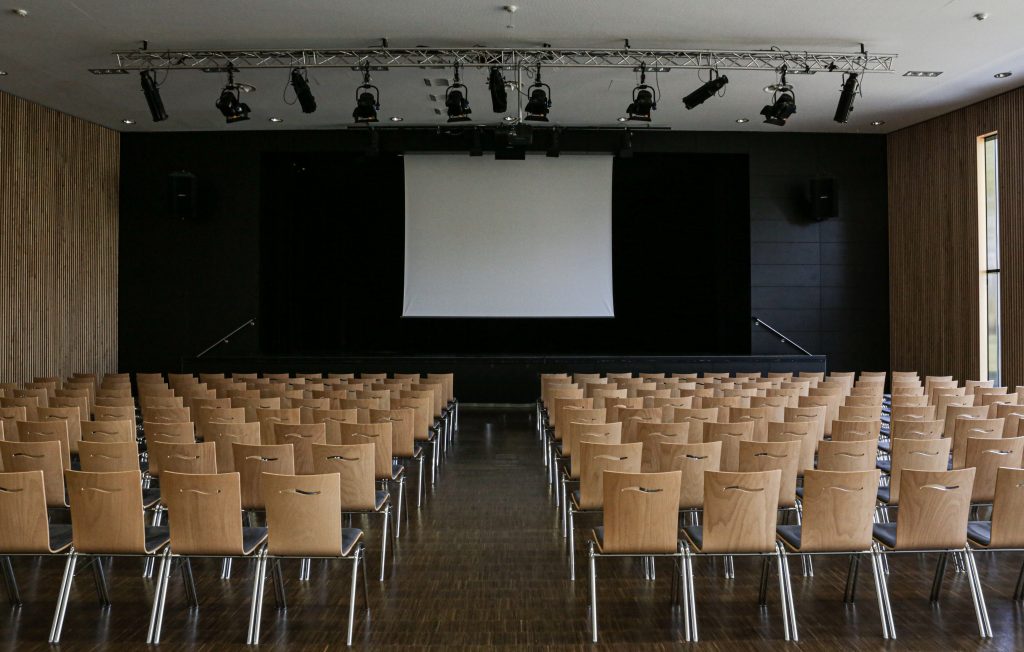
The Pendulum
Egos alone aren’t bad. In fact, one could say help combat emotions like Imposter Syndrome. You ARE good enough to give that talk, to submit a proposal to THAT conference. Make your voice HEARD. I think of this as a pendulum that swings with one end representing the worst kind of Imposter Syndrome and on the other end being an inflated ego. The goal is to be somewhere in the middle as circumstances reasonably demand it.
Of course, this post isn’t written as if conference organizers can do no wrong. There are legitimate reasons to have certain emotions – especially if a conference has legitimately done something wrong (on purpose or more of oversight). Today sadly it’s still common to see groups under represented on stage at conferences. It’s so unfortunate that exists and fuels negativity and conflict (both inner and external). It’s not all sunshine and rainbows, and in this world sadly there is an uneven balance of challenges for some (some of which, as a white man, I’ll never experience) and privilegies for others.
However, the point of this post wasn’t to showcase all the particular situations speakers could face. It was for self-examination, an exercise. If none of this applies or has never applied to you, then fantastic. As for some others, an exercise like this could can be a great tool in setting priorities as you press forward in your endeavor to speak at conferences and events. I am an example of this myself and I still have at times issues to work through (and organizers by the way can have egos too, but that’s another post).
Hopefully if it is your desire to be a respected and effective speaker then realize it’s not just what you say on stage that matters… it’s at times how you think and act at times off the stage too. Especially when it comes to how you treat yourself.
